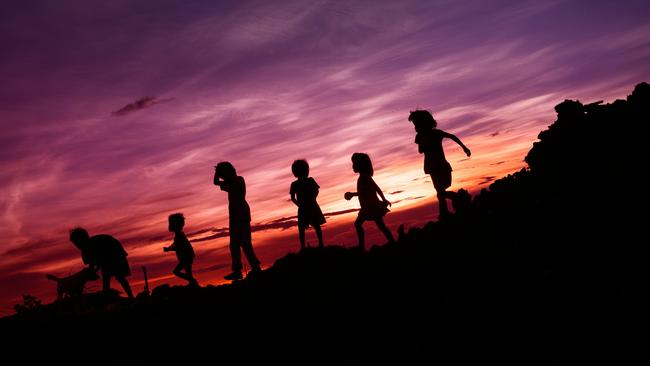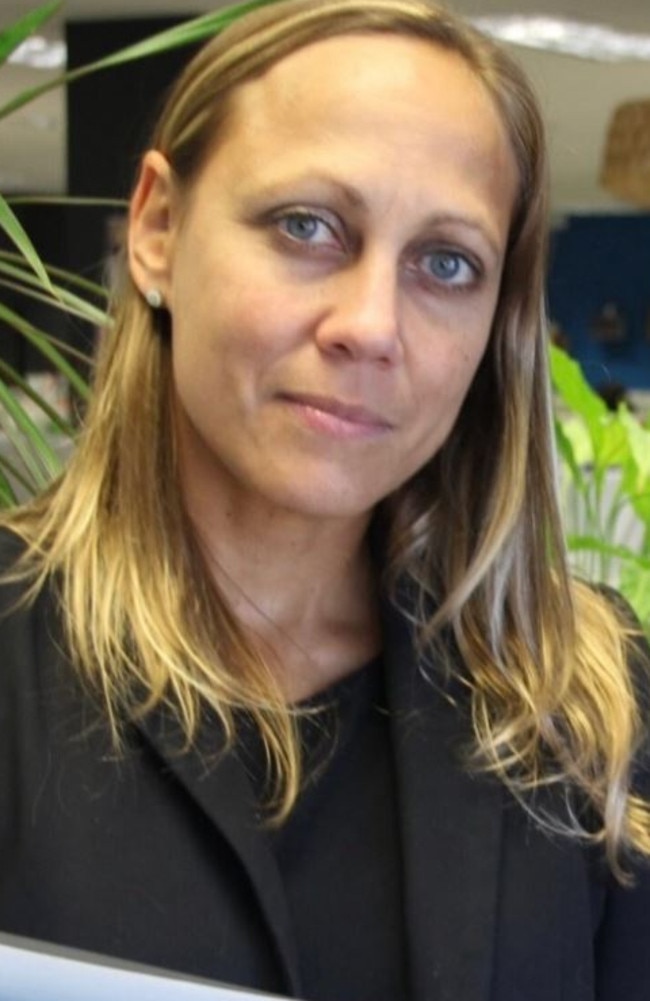NT Children’s Commissioner ‘deeply concerned’ by racism in young Territorians’ lives
A first of its kind report by the NT Children’s Commissioner detailed ‘hurtful, humiliating’ instances of racism experienced by Territory kids, with one child claiming they were snatched from their parent due to their different skin colours.

News
Don't miss out on the headlines from News. Followed categories will be added to My News.
Eighty per cent of children in the Northern Territory have seen or experienced racism, a report by the Children’s Commissioner has found.
Testimony from 284 young people across the NT included examples of people using the N-word, a bus driver refusing to let Aboriginal students on board, and children saying “Aboriginal kids can’t be academic”.
In one story a child described “a lady snatching me off my dad at the shops because I am white and my dad is brown”.
Children also reported being profiled by security guards and police, hurtful jokes from friends and colleagues, and seeing racist comments on social media pages.
They reported feelings of shame, hurt and humiliation from their experiences – sometimes leading to a desire to retaliate.
“Wasn’t even stealing, but then I thought you wanna see stealing? I’ll show ya,” one said.
“Racism makes people angry and not want to behave well,” another said.

Children’s Commissioner and Larrakia woman Shahleena Musk said racism had a significant impact on the health and wellbeing of young people.
“I am deeply concerned about the prevalence of racism in the lives of children and young people,” she said.
“For many young people we spoke to, racism makes them feel unwelcome and unwanted in their own communities. This is unacceptable – children and young people are important members of society.
“Children and young people are acutely aware of the public narrative that surrounds them. They told us everyone needs to work together to change the narrative about young people.
“Young people must not carry the responsibility of addressing racism on their own.
“We all have a duty to prevent racism. We must listen, we must act and we must work together to call racism out and stamp it out.”
Of the examples of racism in the ‘It’s up to everyone to call it out’ report, 11 per cent were teasing and ridicule, 25 per cent racist language and slurs, 31 per cent racial stereotypes, and 33 per cent deliberate and targeted instances of racism.
Most reported racism came from community members (39 per cent) and other students (25 per cent), and was experienced at school (31 per cent) or in general public settings (29 per cent).
Children suggested better cultural education and anti-racism curriculum, telling more good news stories about young people, helping children respond to instances of racism safely, and creating safer spaces for young people.





